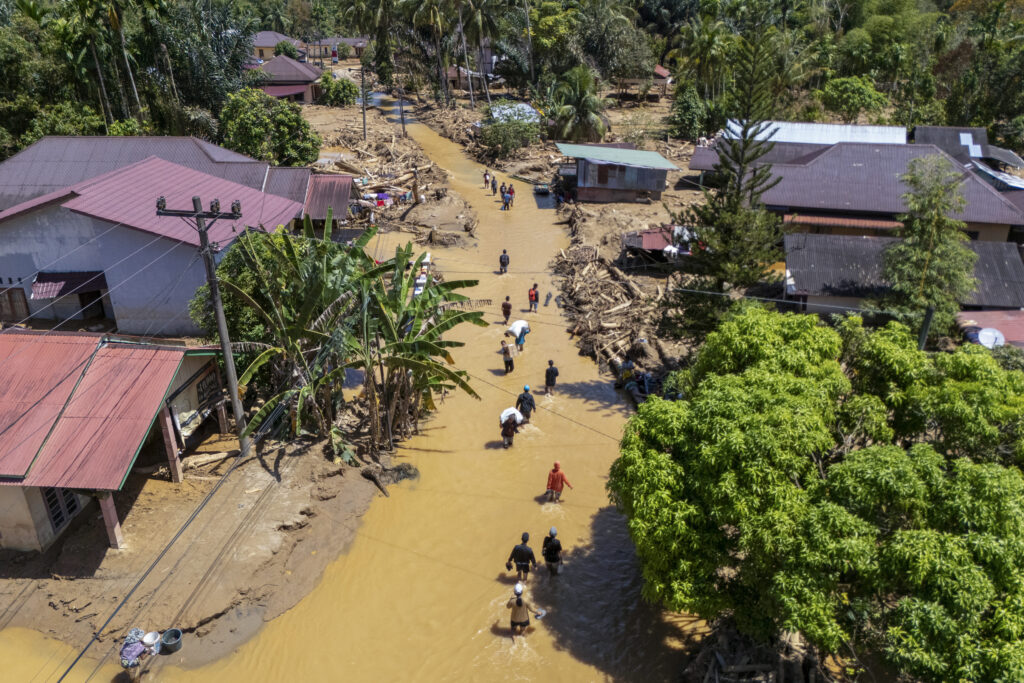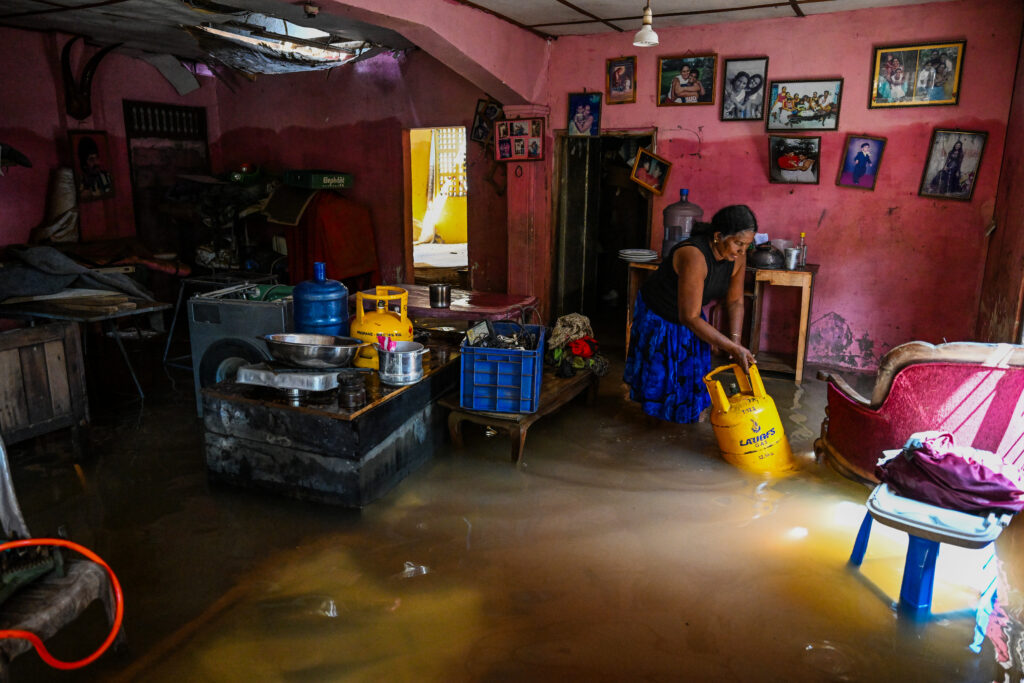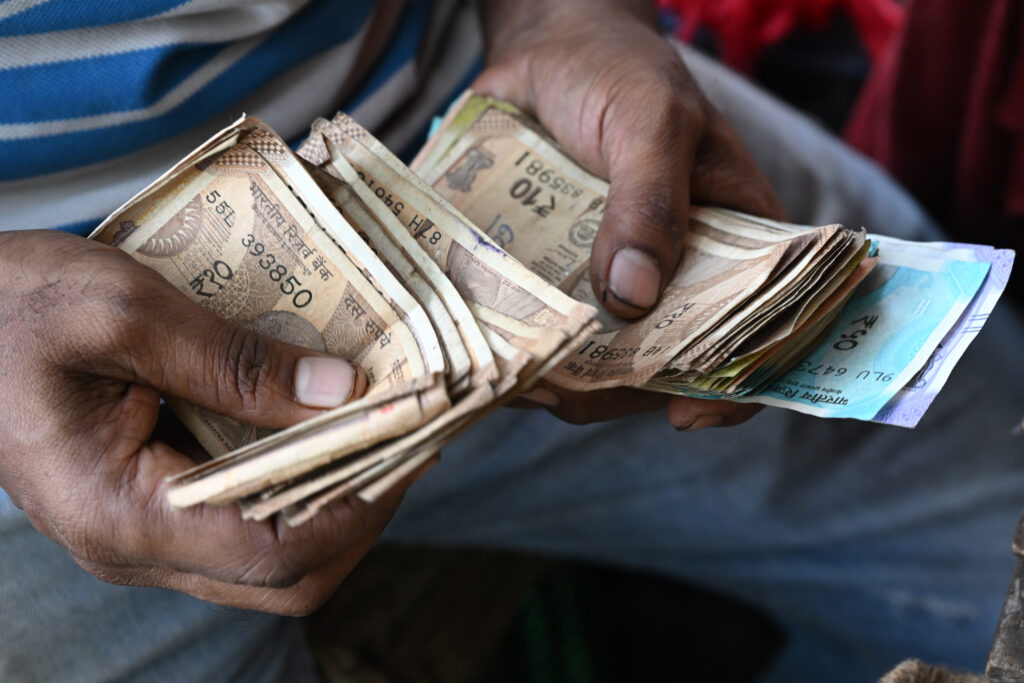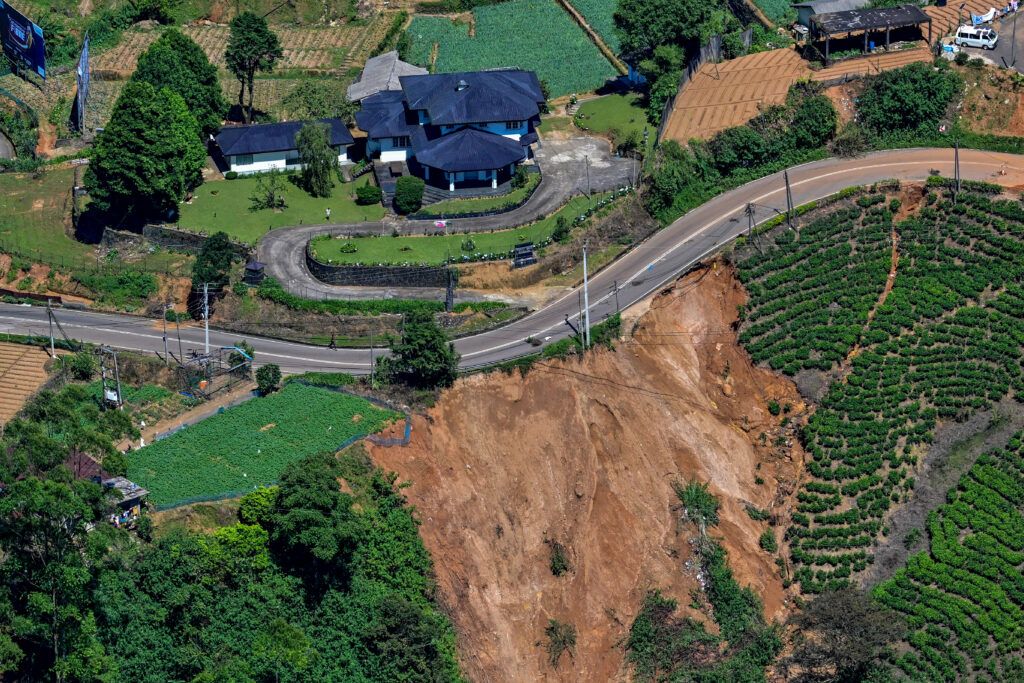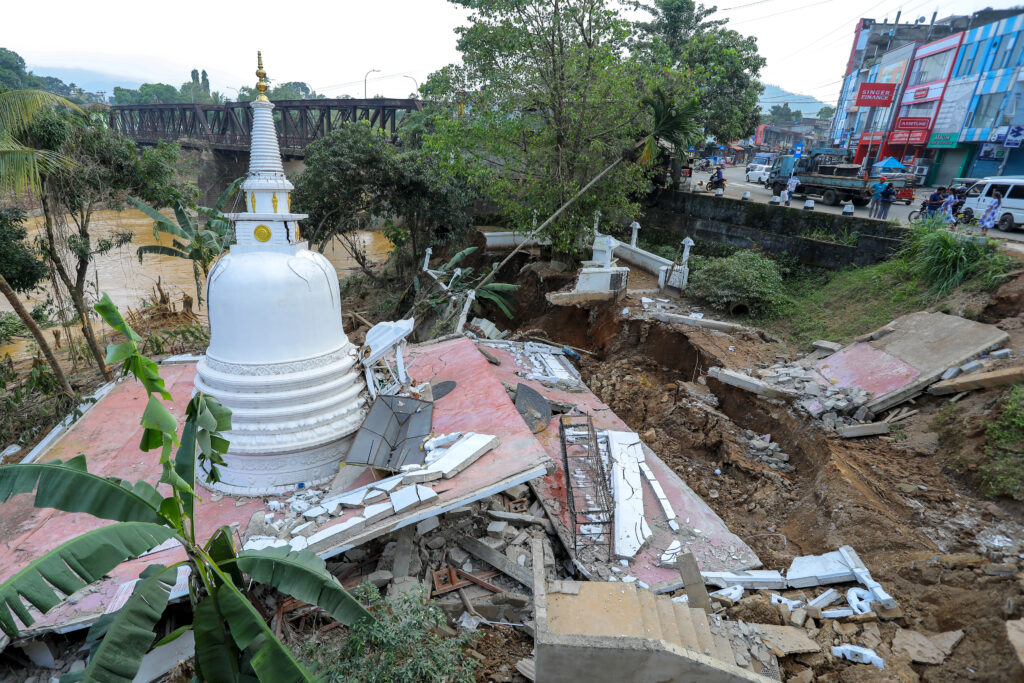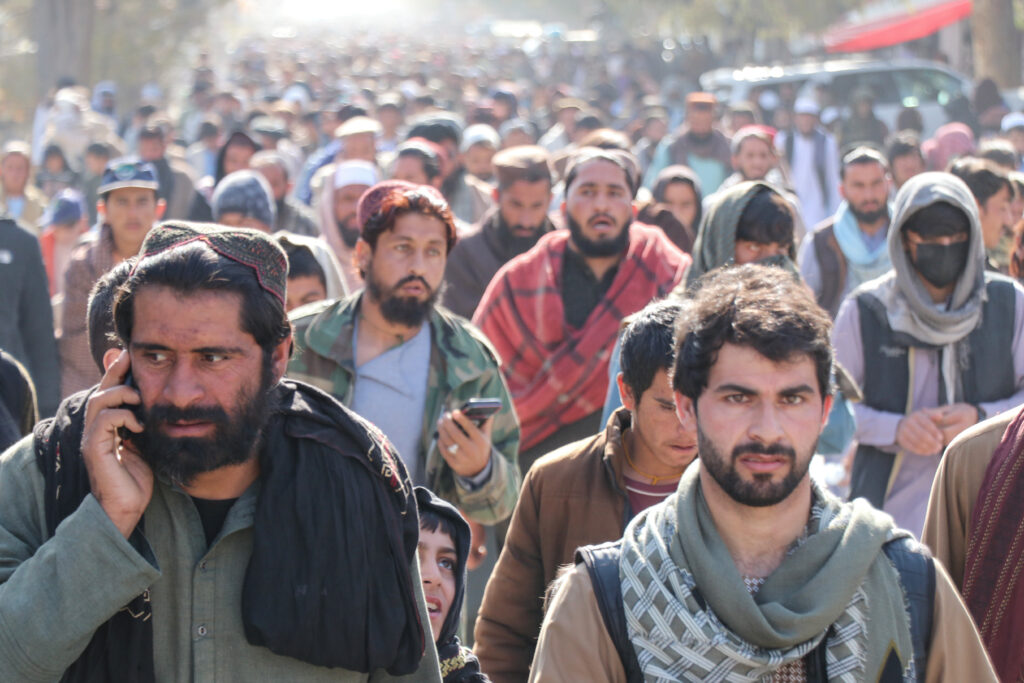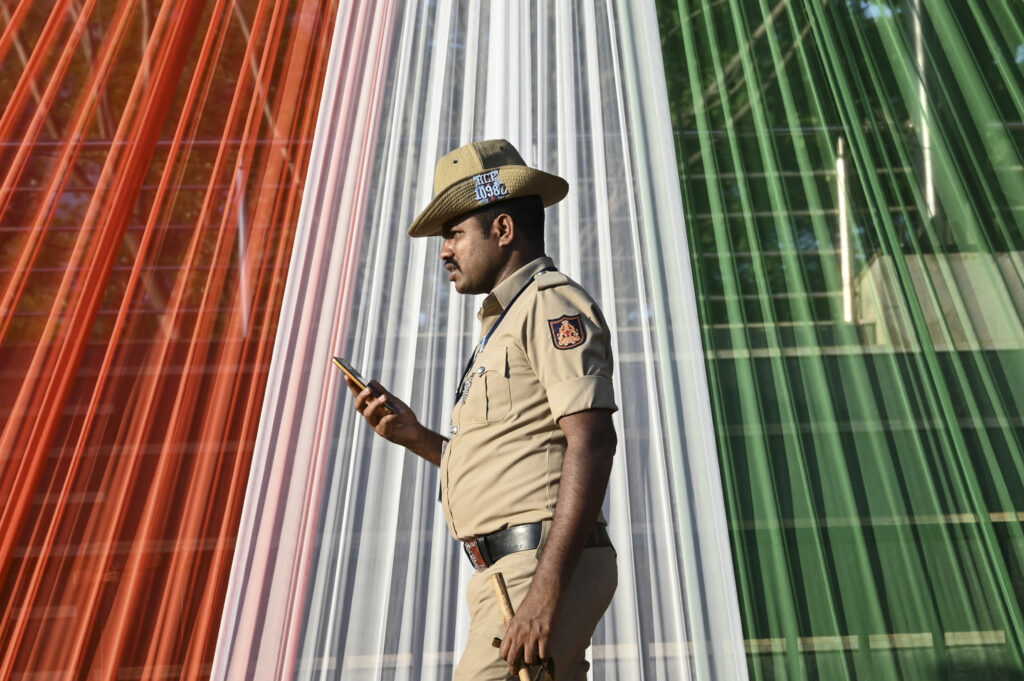Frustration in Indonesia as flood survivors await aid
Officials in Indonesia and Sri Lanka battled Wednesday to reach survivors of deadly flooding in remote, cut-off regions as the toll in the disaster that hit four countries topped 1,500.In Indonesia, survivors expressed growing frustration about the slow pace of rescue efforts and aid delivery, as humanitarian groups warned the scale of the challenge was almost unprecedented, even in a country that has faced no shortage of natural disasters.Monsoon rains paired with two tropical storm systems dumped record deluges across Sri Lanka, and parts of Indonesia’s Sumatra, southern Thailand and northern Malaysia last week.In Indonesia, 770 were confirmed dead, the country’s disaster management agency said on Wednesday, revising the toll down from 812 it announced earlier in the day. Another 463 people are also missing. Information is only trickling in as many regions remain physically cut off by flood damage, isolated by electricity and communications failures, or both.”It’s very challenging logistically to respond,” said Ade Soekadis, executive director of aid group Mercy Corps Indonesia.”The extent of the damage and the size of the affected area is really huge.”The group is hoping to send hygiene equipment and water both from Jakarta and locally.He said reports of food and water shortages were already “very concerning” and the situation will be “more problematic as time goes by”.- ‘Like an earthquake’ -At an evacuation centre in Pandan, 52-year-old Reinaro Waruwu told AFP he was “disappointed” in the government’s immediate response and the slow arrival of aid.”Some waited a day and night before receiving help, so they couldn’t be saved,” he said, surrounded by evacuees sitting on mats on the floor in the hall-turned-shelter.”I am frustrated, it doesn’t need to be said twice,” he added.He described the floodwaters and landslides as unprecedented.”It came like an earthquake… I thought ‘Well, if I am going to die, then so be it,'” he said, beginning to sob heavily.Traumatised, he could not even eat on arrival, and food has only been patchily available, though vegetables arriving on Tuesday offered a “semblance of hope”, he said.Nearby, Hamida Telaumbaunua, 37, described watching her entire kitchen swept away by floodwaters.”My heart… this was the first time I experienced such a flood,” she said. Her home was lost entirely, along with everything but the few possessions she took when she left.”It’s hard to think about what lies ahead. Maybe as long as we’re still here, it’s okay, but later… I don’t know what will happen.”In North Aceh, 30-year-old M. Atar said some areas were only just becoming accessible as roads were cleared.”We are in dire need of clean water. Very much in need,” he said.The weather system that hit Indonesia also brought heavy rains to Thailand, killing at least 267 people, authorities said Wednesday, and Malaysia, where two people were killed.- Sri Lanka ‘open’ for tourists -Though floods are common in Asia during monsoon season, climate change is making heavy rain events more frequent because a warmer atmosphere holds more moisture.Warmer oceans can also turbocharge storm systems.A separate weather system, Cyclone Ditwah, brought torrential rain and deadly floods and landslides to much of Sri Lanka last week.At least 474 people were killed, and authorities have estimated the disaster’s cost at up to $7 billion.Another 356 people are unaccounted for, including in some of the hardest-hit regions that remain largely inaccessible.Officials said laws that allow a person to be declared dead only after being missing for six months could be shortened to expedite the issuance of death certificates.The government has said it will offer 25,000 rupees ($83) to families to help clean their homes. Those who lost homes will receive up to $8,000.On the outskirts of Colombo, R.M.V. Lalith was beginning the clean-up at his two-storey home.”We managed to salvage some furniture by moving it upstairs, but the kitchen is a mess,” he told AFP, as a relative helped push mud out of the living room.Despite the disaster, the tourism-reliant country welcomed a luxury cruiseliner to Colombo port on Tuesday, authorities said.The arrival sends “a clear message to the world: Sri Lanka is safe, open, and ready to embrace visitors once again”, the country’s tourist board said.burs-sah/ceg
